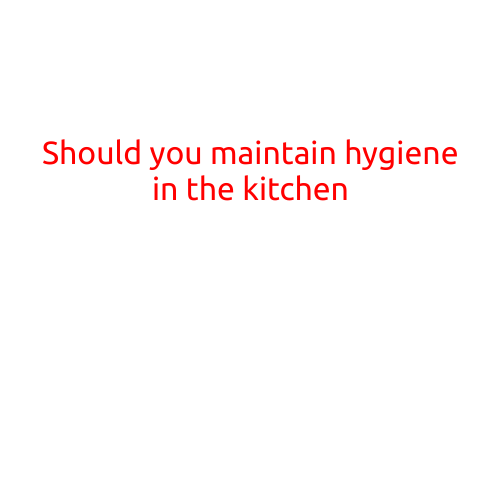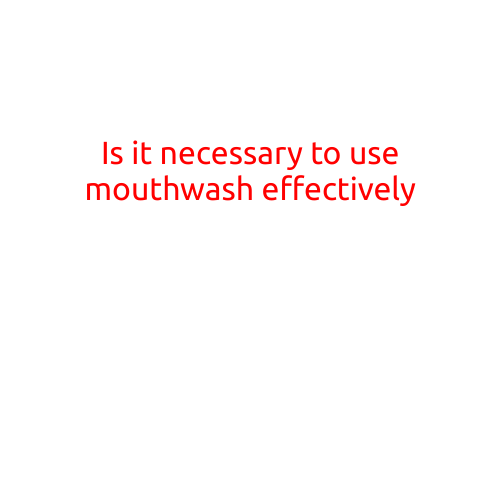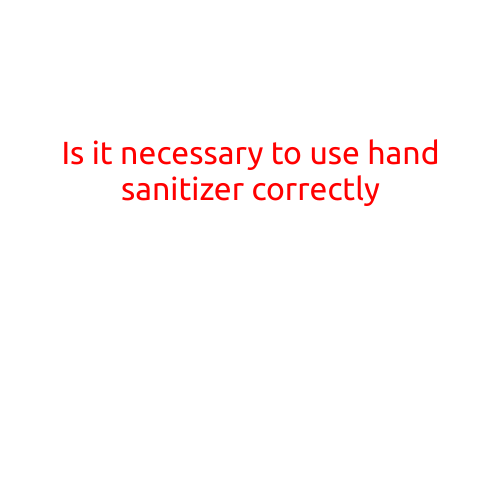
Should You Maintain Hygiene in the Kitchen?
When it comes to cooking and preparing meals, the kitchen is often the hub of activity. However, with all the hustle and bustle, it’s easy to overlook the importance of maintaining good hygiene practices in this space. In fact, a dirty kitchen can be a breeding ground for bacteria, viruses, and other microorganisms that can cause illness. In this article, we’ll explore the reasons why maintaining good hygiene in the kitchen is crucial and provide some tips on how to keep your kitchen clean and hygienic.
Why is Hygiene Important in the Kitchen?
There are several reasons why hygiene is essential in the kitchen:
- Food Safety: Foodborne illnesses can be caused by contaminated food, which can lead to serious health issues. Maintaining good hygiene in the kitchen helps prevent cross-contamination of food and prevents the spread of bacteria.
- Prevention of Allergies and Intolerances: Some people may have allergies or intolerances to certain foods, and a dirty kitchen can exacerbate these conditions.
- Prevention of Illness: A clean kitchen can help prevent the spread of illnesses, such as the common cold and flu, which are often spread through contact with contaminated surfaces.
- Maintaining the Integrity of Food: Good hygiene practices help ensure that food remains fresh and safe to consume.
How to Maintain Good Hygiene in the Kitchen
Maintaining good hygiene in the kitchen is relatively simple and requires some basic habits. Here are some tips:
- Clean as You Go: Clean up as you cook to prevent crumbs, spills, and other debris from building up.
- Wash Your Hands: Wash your hands frequently with soap and warm water, especially after handling raw meat, poultry, or fish.
- Use Clean Utensils: Use clean utensils and utensil holders to prevent cross-contamination.
- Clean Surfaces: Regularly clean and disinfect all surfaces, including counters, sinks, and appliances.
- Use a Dishwasher: Use a dishwasher to wash and sanitize dishes and utensils.
- Check Expiration Dates: Check expiration dates on food and discard expired or spoiled food.
- Store Food Properly: Store food in sealed containers or zip-top bags to prevent contamination.
- Refrigerate Properly: Refrigerate food at the correct temperature (below 40°F or 4°C) to prevent bacterial growth.
- Clean the Trash: Clean the trash regularly to prevent spills and messes.
Additional Tips for Maintaining Good Hygiene in the Kitchen
Here are some additional tips to maintain good hygiene in the kitchen:
- Use a Self-Cleaning Oven: Use a self-cleaning oven to remove food residue and grime.
- Use a Dish Rack: Use a dish rack to air-dry dishes and prevent water spots.
- Clean the Microwave: Clean the microwave regularly to remove food residue and splatters.
- Clean the Reveal: Clean the reveal (the area behind appliances) to prevent dust and debris from accumulating.
- Use a Hygiene Chart: Use a hygiene chart to track and remind you of cleaning tasks.
Conclusion
Maintaining good hygiene in the kitchen is crucial to prevent foodborne illnesses, allergic reactions, and the spread of illnesses. By following these tips and establishing good hygiene habits, you can ensure a clean, safe, and healthy kitchen. Remember, good hygiene practices are not just important for your health, but also for the health and well-being of your family and guests. So, take the time to clean and maintain your kitchen – your health depends on it!





